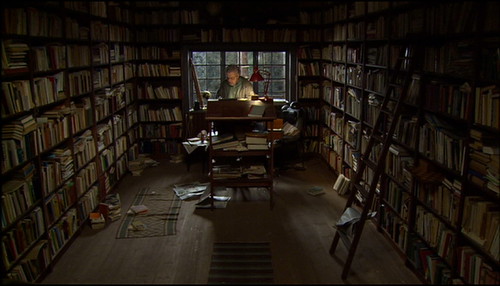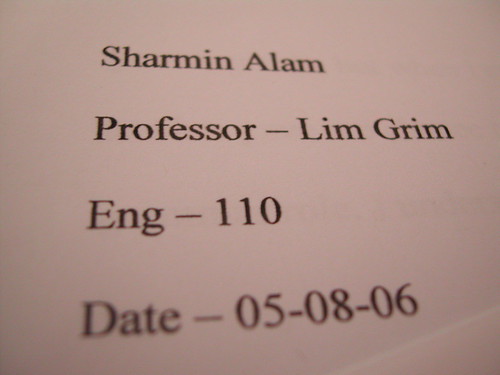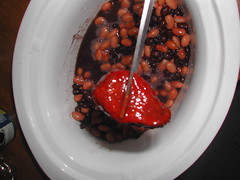(with apologies, pleadingly offered, to
Wallace Stevens)
I
In eight pages of writing,
The only original thing
Was the name of the student.
II
I was really disappointed:
Like the students
Will be when they get their grades.
III
Rushing to meet deadlines, students copy:
A small sacrifice when playing the academic game.
IV
An assignment and effort
Are one.
The assignment and effort and a student
Should be one.
V
I do not know which more to hate:
The desperation of silly excuses
Or intellectual deceit,
The student despairing
Or its result.
VI
Red filled the long margins
With frustrated scrawls.
The student's unacknowledged
Borrowings shadowed the page.
My mood,
Darkened by these shadows,
Tracked unsolvable riddles.
VII
O Gate-keeping White Men
Why do you insist on straight 'A's
Before allowing students the
Careers of a careered society,
Tempting them to cheat?
VIII
I respect decent attempts and
When I see them, I richly reward;
But I know, too,
That students get others
To write papers for them.
IX
When a student sniffles in my sight,
Then screams "Unfair!"
The irony is palpable.
X
What is it called when students
Try to turn in work previously turned in?
My attempts at generosity
Are confounded by stupidity.
XI
"I sent it over the internet!
Last Saturday - you haven't received it?"
Once, e-mail actually worked.
Now, magic filters surely
do Detect and erase assignments
Sent by students!
XII
The semester has ended.
Some students must have failed.
XIII
With citations, it's called "Research".
With poetry it's called "Parody".
And it's all entirely inconsequential
For the student who
Just wants that damn degree.










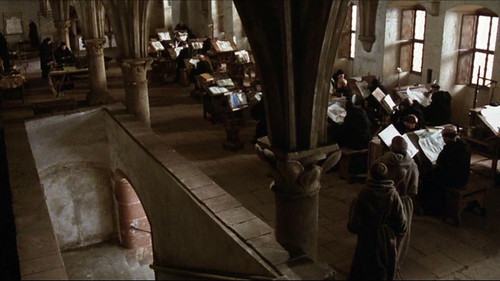


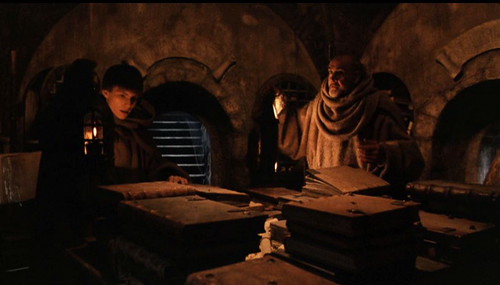
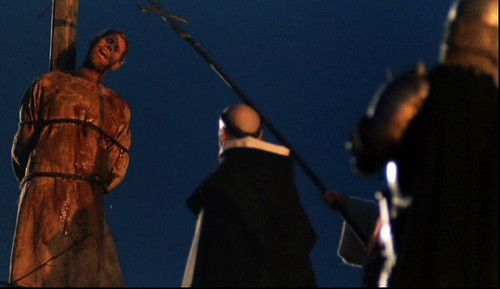
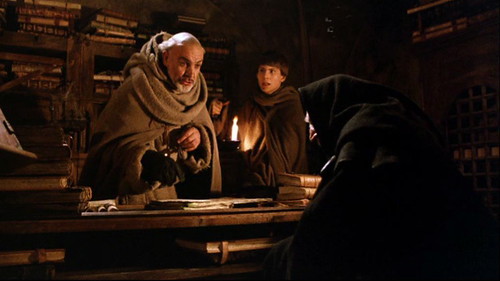
 The Namesake. Jhumpa Lahiri. This came in the mail yesterday (second-hand book buying is one of the best reasons of living here) and after some late night reading and a final burst this morning, I'm left tingling by the uncanny emotional resonance that tied me to the novel. It's not the immediately spottable New York references that struck a chord (those were fun, but on the level of spotting places from movie sets or on TV that you just wandered past the day before .... ). It was the strange journey that its protagonist takes to a place thousands of miles away, in order to be someone else; a journey which now so many take, that left the sense that our myths no longer map the epic, tragic and comic journeys home of Odysseus, Oedipus and Frodo; neither do they follow the aimless wanderings of Don Quixote or Dean Moriarty. Instead, they trace the unsettling attempts to find the self on distant shores. Amazingly well written, and though it goes flat in the middle (with cliched descriptions of yuppies in New York ... eeks ... ), it ends powerful.
The Namesake. Jhumpa Lahiri. This came in the mail yesterday (second-hand book buying is one of the best reasons of living here) and after some late night reading and a final burst this morning, I'm left tingling by the uncanny emotional resonance that tied me to the novel. It's not the immediately spottable New York references that struck a chord (those were fun, but on the level of spotting places from movie sets or on TV that you just wandered past the day before .... ). It was the strange journey that its protagonist takes to a place thousands of miles away, in order to be someone else; a journey which now so many take, that left the sense that our myths no longer map the epic, tragic and comic journeys home of Odysseus, Oedipus and Frodo; neither do they follow the aimless wanderings of Don Quixote or Dean Moriarty. Instead, they trace the unsettling attempts to find the self on distant shores. Amazingly well written, and though it goes flat in the middle (with cliched descriptions of yuppies in New York ... eeks ... ), it ends powerful.